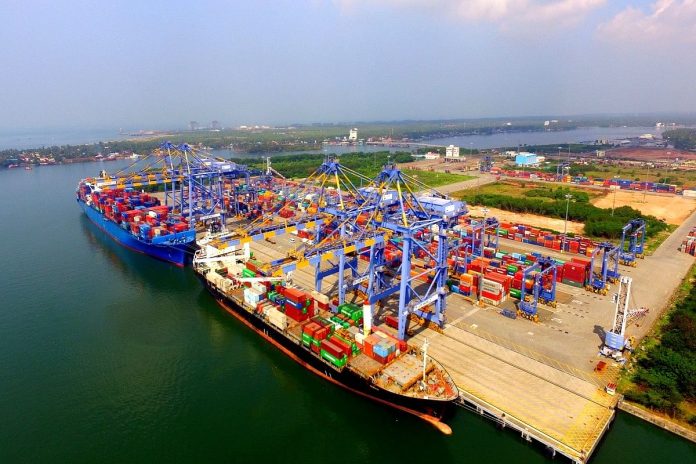On Wednesday (17 January), Prime Minister Narendra Modi inaugurated three transformative projects in Kochi, solidifying the city’s position as a maritime powerhouse.
The trio of initiatives includes the New Dry Dock (NOD), the International Ship Repair Facility (ISRF) operated by Cochin Shipyard Limited (CSL), and the LPG Import Terminal managed by Indian Oil Corporation Limited.
The combined cost of these projects stands at approximately Rs 4,000 crore.
Largest Ship Repair and Dry Dock Facility in South Asia
The CSL facility, now the largest ship repair and dry dock facility in South Asia, is set to create a robust ecosystem, fostering skill development and generating employment opportunities, particularly in the MSME sector.
The projects are expected to create around 30,000 job opportunities, contributing significantly to the green-energy transition through the construction of electric-hybrid vessels.
New Dry Dock to Boost Shipbuilding Capabilities
The ISRF and the new dry dock project of CSL will elevate India’s ship repair and shipbuilding capabilities, strengthening its global position in the maritime space. The LPG import terminal by Indian Oil Corporation will enhance the country’s energy infrastructure, ensuring a steady supply of LPG to households and businesses in the region.
Built at Rs 1,799 crore, CSL’s dry dock is one of the largest marine infrastructure amenities in the region. It features heavy ground loading, positioning India with advanced capabilities to handle strategic assets such as aircraft carriers up to 70,000-tonne displacement and large commercial vessels, reports The Hindu.
The Rs 970-crore ISRF project, located on Willingdon Island, boasts a unique facility with a ship lift system, transfer system, six workstations, and a berth of approximately 1,400 metres.
This facility can simultaneously accommodate seven vessels 130 metres in length, modernising and expanding CSL’s ship repair capabilities.
Indian Oil’s LPG Import Terminal
The Rs 1,236-crore LPG import terminal at Puthuvype, equipped with state-of-the-art infrastructure, aims to cater to the LPG requirements of South India. It anticipates annual logistic savings of Rs 150 crore and a reduction of CO2 emissions by 18,000 tonnes per annum.
In summary, these projects signify a transformative phase for Kochi, positioning it as a global maritime leader and bolstering India’s capabilities in shipbuilding, repair, and energy infrastructure.


